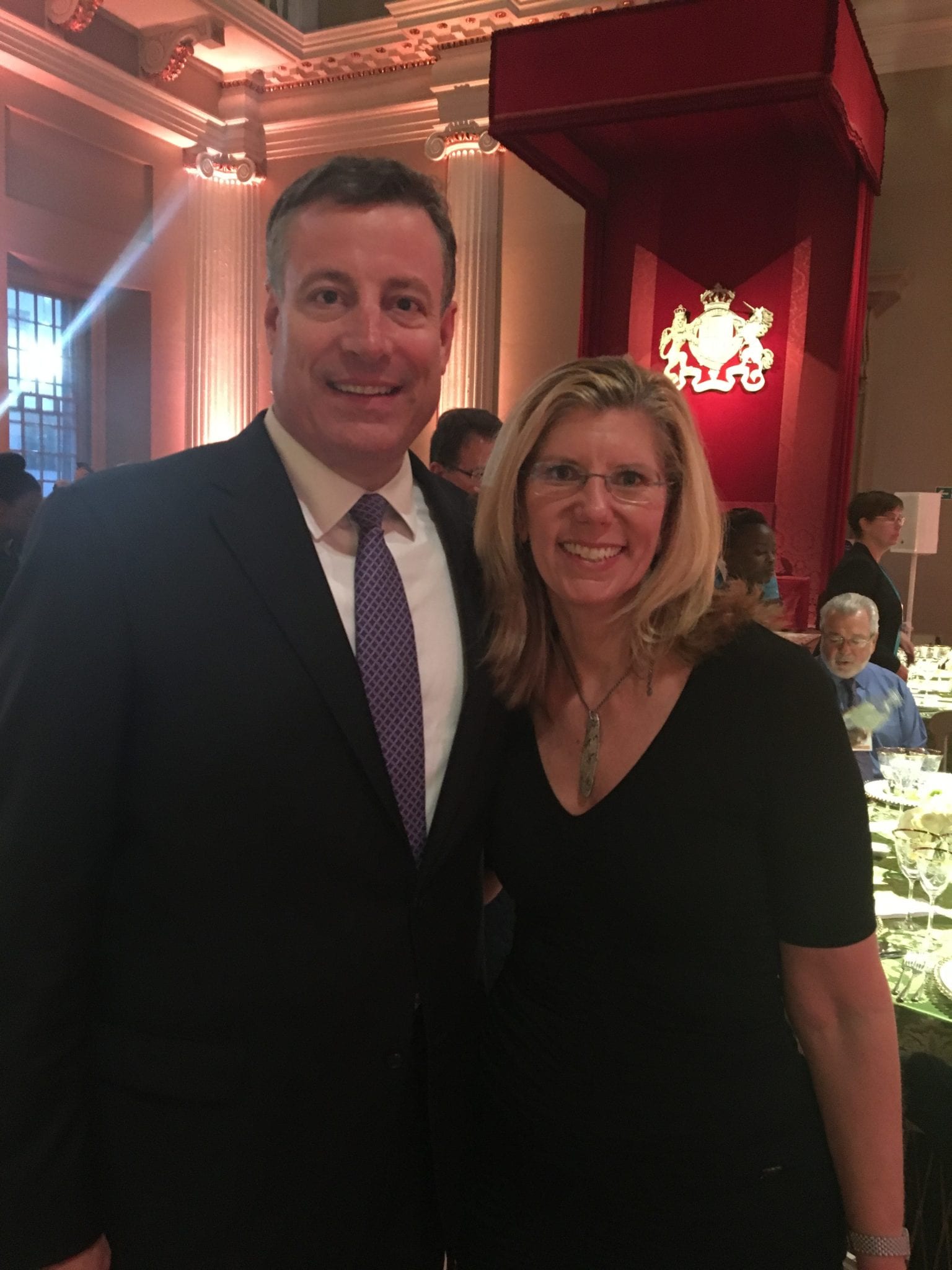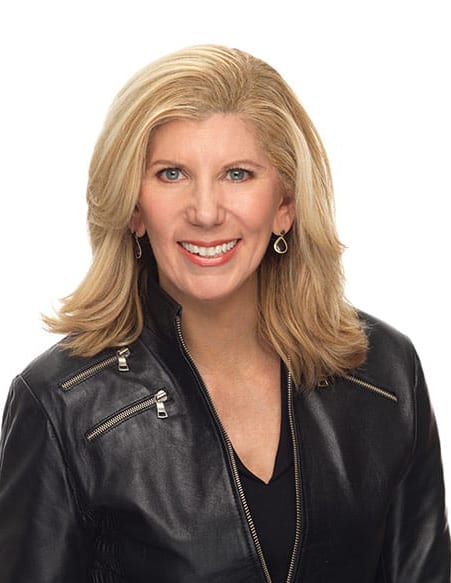
Rob Flaherty & Barri Rafferty at Page
I recently attended the 33rd Page Society Annual Conference, aptly themed, “Clash of the Empires: Building Bridges In A Divided World.” The picture painted at Page was a bit depressing, yet the realism was important for us to hear as communicators. The post-Brexit world, Trump’s ascension as a Presidential contender and the now tremendous wealth divide created by the financial collapse were all front-and-center topics. Like Davos earlier this year, sitting in London with the opportunity to tap European experts on myriad of pressing global issues provided unique insights beyond a traditional American point of view. Here are a few learnings that I took with me back home.
“There is growth in hate and a populism that we don’t all share,” said Philip Jennings, global secretary of UNI Global Union. This remark resonated with me. As we conduct business under a changing landscape – one where global warming is a reality for most, refugees are featured in the daily news and tensions around globalization are rising, it’s a critical time to think about what we can do to affect positive change as communicators (click to tweet).
Who better than Paul Polman, the CEO of Unilever to shake us up a bit. He lit up the room with his personal “passion for action” and called for businesses to make long-term decisions that impact the common good. Unilever’s strategy is backed by social purpose at the corporate level and embedded within brand strategies that focus on longer-term sustainable living goals. While we may all agree there is a crisis of morality, it takes change-agents like Polman to shift our attention away from short-term results and focus on what it takes to achieve tangible and lasting change.
Associate Editor of the Financial Times, Martin Wolf, helped shed some light on why Brexit occurred and what it will mean. He reasoned, “The labor force decline is permanent, innovation has halved and there is a serious demand problem.” He went on to note that globalization led, and will continue to lead, to companies becoming more global yet retrenchment is easy because growth is based on the underpinnings of domestic systems. And how that mindset has directly contributed to the inequality we feel today, and the curtailment of countries and citizens who want to protect their own domestic potential. “This tension strained the systems and, without good answers, bad answers based on fallacy were able to win out,” continued Wolf. He ended by saying, “We are all screwed.”
Simon Walker, Director General of the Institute of Directors, said, “The freedom to lie is key in current political campaigns.” He went on to describe network news in America as, “…entertainment between adverts.” He may have a point. With 60 percent of Americans getting news from social media, and the political media’s inability to simply call “bullshit” when the facts are being bent, are we now in an era where lying and misinformation is just accepted as part of the political lexicon? I hope not.
Not to play favorites but, perhaps of all the speakers, nobody said it better than our own Chairman and CEO, and Page Conference Chair, Rob Flaherty, when he asked the audience, “Am I helping my company to be on the right side of history?” At that moment I felt lucky to work for an enlightened leader. A leader that encourages each of us to take bold action while always being mindful about how our decisions impact our clients, companies and planet.
I left Page feeling that we as communicators have more of a responsibility than ever before to be an ethical guide for the companies we work with, to push for investment in improving the world, to be cognizant of the Arthur Page principles, and to keep reflecting on the important questions asked during the conference.
